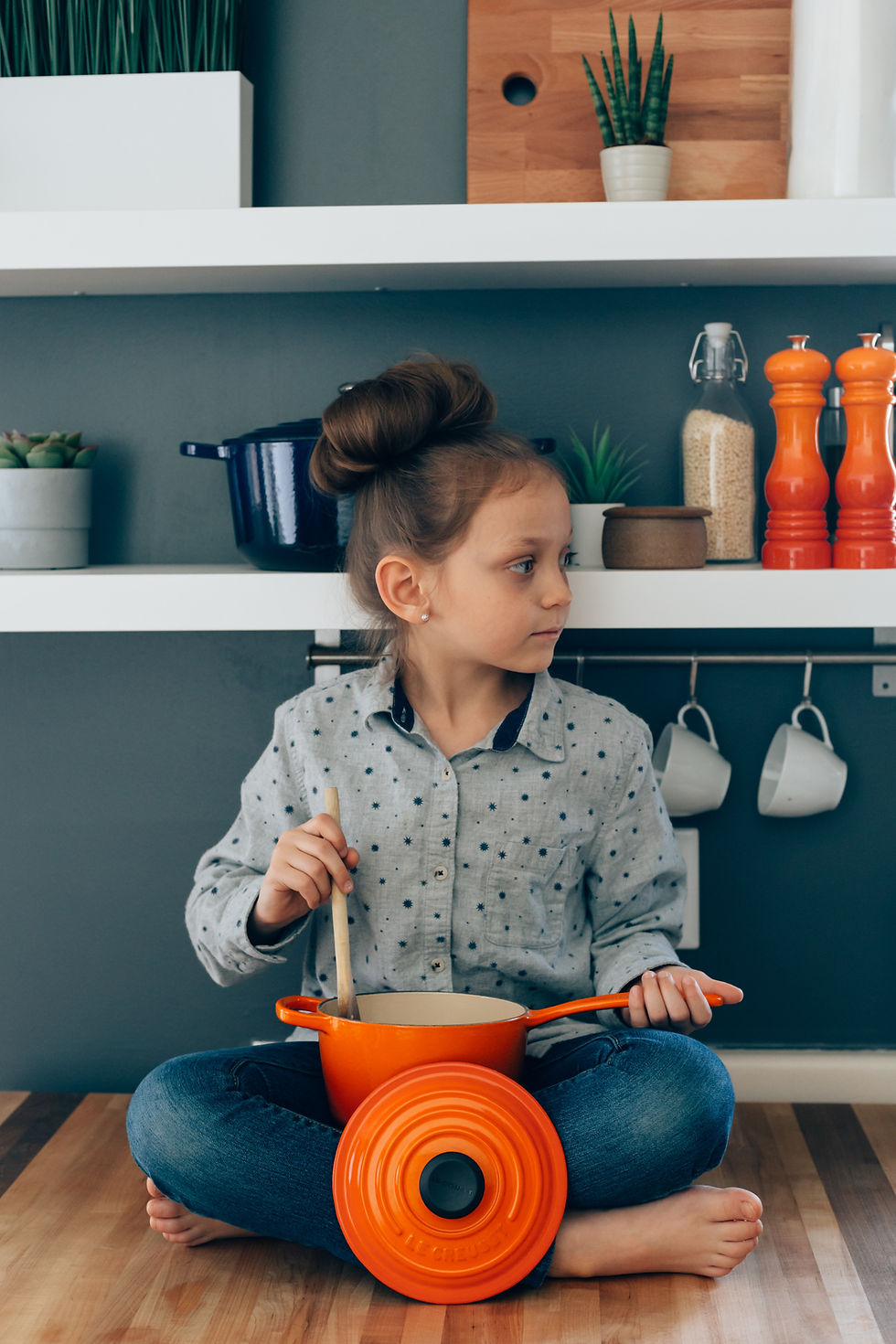Help For The Overstimulated Child

Parents of preschoolers and young children can relate to this scene. You’re at Grandma and Grandpa’s swimming. Your 4-year-old son suddenly declares that he’s done and wants to go in. You say, “But we’re having a good time. Let’s swim a little longer.” He melts down insisting that he’s done and wants to go inside by himself. What is going on? He may be an overstimulated child with a need for some quiet time.
The Overstimulated Child Needs A Regular Down Time
With tablets, cell phones, music players, gaming systems, TV, and everything else that children in our modern society are exposed to, it is common for children, especially young children, to become over-stimulated. They can be like a pipe that has too much material passing through too quickly. Children need to process new information and stimulus that has come into their brains. But sometimes they overload and need an environment with no additional stimulation. They need a quiet time, time out, nap time, down time, or whatever you want to call it.
Once your child has grown out of regular naps, it’s a good idea to schedule a time every day for your child to be alone and entertain themselves in a safe space. If you have more than one child, they will each need their own space. Limit external stimulation during this time such as electronic devices, although some children may find familiar apps on their tablets or music to be soothing. You might set a timer that will let the child know when quiet time/still time/thinking time, etc. is over. Thirty minutes to an hour is a good guideline for how long alone time should be. During this time, the child can color, write, read, nap, play or whatever he or she finds soothing.
Benefits Of Regular Alone Time
Besides the benefit to you of a break from the kids where you can have your own alone time, there are many benefits for children that have regular breaks for solitude.
Regular Time Alone Gives Time To Process

Even if children are not yet in school, they are always learning. New information comes at them at a rapid pace and old information is being transformed and used in new ways every day. Children need to process, organize, absorb, and apply this information and other stimulus that they experience. Alone time gives them an opportunity to do that. The first response of most parents to the little boy who had the meltdown at his grandparents’ swimming pool would be to scold, shame, or even punish him. But that wouldn’t help. He wasn’t being bad. He was being overloaded and needed some alone time to process the stimuli. After that, he could rejoin his family’s activities with a better attitude.
Regular Time Alone Relaxes and Recharges
When children become overstimulated, they tend to become intolerant and impatient. Little things can set them off and cause a meltdown like the boy at the swimming pool. A quiet time gives a child an opportunity to rest, refresh, and recharge so that they are ready for additional stimulation/information. Whether they nap, read, work on a puzzle, listen to music, or play with dolls/action figures, time alone away from stimulation enables children to change channels mentally and come back more relaxed and more able to engage with you and others.
Regular Time Alone Enables Self-Soothing
A very useful life-skill to develop is the ability to calm and sooth yourself. So many people are unable to do this and turn to a spouse or friend or parent to comfort them when they become upset or stressed. But a child who learns to comfort themselves, or better, to pray and seek God’s comfort will be more resilient in life and able to regulate his or her emotions in times of distress. When a child can do this, it builds confidence and self-esteem so that he or she will be more willing to try more new things.
Regular Time Alone Increases Imagination

Time alone with his or her thoughts, gives your child an opportunity to engage his or her imagination. A child’s imagination and creativity blossom during time alone. Your child is enabled to learn how to turn boredom into focus. A child’s brain doesn’t stop working when he or she is alone and quiet. It actually is very busy processing, organizing, and applying information and stimulus. When there is no additional information/stimulation coming in, the brain is able to focus on doing creative things with the information and stimulation that it has. A child’s imagination can run wild and your child can become a very creative person because he or she was given the gift of a time alone every day to develop that. For example, every musician spent hours and hours alone developing that talent. Every artist, every writer, every engineer, every scientist, etc. had alone time as a child to develop their imagination and creativity.
If your overstimulated child is having tantrums and meltdowns, try establishing a regular down time each day. And you might read more about family therapy, then reach out to us at Christian Counseling Associates to schedule a free consultation to get your family and your child some helpful counseling.
Sydney Spradlin is a Licensed Professional Counselor Associate at Christian Counseling Associates. Sydney is taking new clients and is available for teletherapy.



























Comments